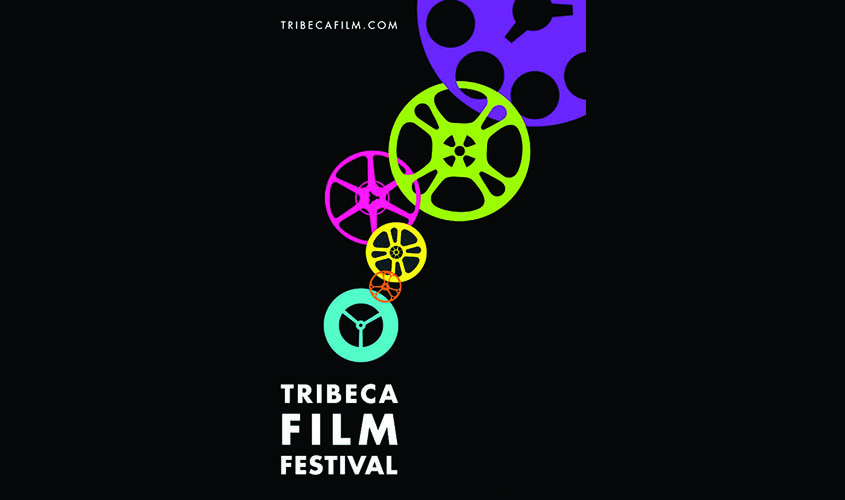An inadequately praised aspect of the Tribeca Film Festival is its Midnight Section, the lineup that features genre selections; the horror or low rent sci-fi films that will either end up part of the cult canon or as meat to fill out the dankest depths of VOD catalogues. Unsurprisingly, the section is always a mixed bag but inevitably yields one or two gems from directors who go on to make names for themselves, even if it’s only with cult cinema fans. Part of Tribeca’s stated mission is to provide a route to success for talented novices and I applaud the festival for including horror movie
This year, my favorite Midnight selection was Australian serial killer flick Hounds of Love, a grungy and upsetting bit of business that features three magnificent central performances. Directed by Ben Young, the 1987-set picture follows murderous married couple John (Stephen Curry) and Evelyn (Emma Booth) as they kidnap, imprison and torment a schoolgirl named Vicki (Ashleigh Cummings). Described that way, it sounds like the tiresome and tissue-thin premise of a thousand garbage movies but Young takes a realist, character-based approach that’s more arthouse than grindhouse. That a film can open with a distended shot leering at a group of schoolgirls at slo-mo play and still avoid exploitation is a testament to its makers’ skill.
That shot turns out to be the POV of the couple scoping out their next victim and, from those opening moments on, the film never leaves its leads’ headspace. Young is focused on psychological insight over plot; Evelyn and John aren’t presented as omnipotent psychopaths but as deeply damaged and pathetic human beings whose own traumas and insecurities have coalesced into homicidal pathology. John is full of rage, a small man (physically and otherwise) who has always been pushed around by the alpha males around him. His hatred and insecurity expresses itself in the abuse he piles on both his victims and the depressive Evelyn, who is working through her own resentments over losing custody of her children. They’re irredeemable monsters but they’re not the inexplicable, practically supernatural ones we’re used to seeing in serial killer films. Young also spends plenty of time fleshing out the character of Vicki, whose situational awareness helps her put up quite the fight. Said battle of wills is dramatized with superior craft and deliberation by Young whose slow, horizontal pans and claustrophobic framing create a permanent aura of oppression. Young’s talents are well complemented by those of his leads, all of whom deliver raw, committed performances that do justice to the complex interpersonal dynamics being played out.
As with most good horror movies, the genre elements and real-world concerns co-exist comfortably, buttressing each other as needed.
Another strong genre effort that played at the Festival—albeit in the more mainstream narrative section—was Justin Benson and Aaron Moorhead’s The Endless. This isn’t their first time at Tribeca and the success of their last film, Spring (Before Sunrise meets Dagon, every bit as good as that sounds), appears to have contributed to The Endless being exhibited outside the Midnight ghetto. Festival categories aside, it’s the sort of pulpy phantasmagoria that fits squarely into the genre lineup. Moorhead and Benson play brothers lured back to the compound of a UFO death cult they had fled ten years prior to the film’s events. Their lives haven’t amounted to much since that early escape so the warm welcome and home-brewed beer they’re greeted with keep them at the commune a little longer than initially expected. There’s no doubt, however, that something is off within the community, even considering that they’re waiting on ascension to an otherworldly plane. Time seems to work differently in the camp’s immediate confines and everyone smiles too damn much. The Lovecraftian influence that shapes Spring also makes an appearance here, as does an explicit connection to the universe of the filmmakers’ debut Resolution, a microbudget indie about two men stuck in a time loop. Relativity and repetition also feature heavily into this film, a genre riff on the indie staple of damaged people stuck in existential ruts. This is not to say that The Endless is founded on metaphorical horrors alone. Benson and Moorhead deploy microbudget digital effects judiciously to escalate the incidence of supernatural phenomena around the brothers’ gradual unraveling. An especially nifty sequence features the cultists playing literal tug-of-war with a monstrous but unseen presence in the woods, and doing so without comment like it’s a perfectly normal team-building exercise. As with most good horror movies, the genre elements and real-world concerns co-exist comfortably, buttressing each other as needed. This is a film about human beings floundering in the wake of entities beyond their comprehension but it’s also about two brothers fighting to come to terms with their past. Neither narrative upstages the other and both are equally involving. I’d love to see what Benson and Moorhead could do with a bigger budget.

